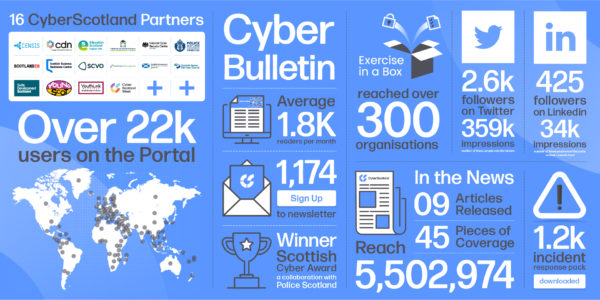Donating to charity safely
The work carried out by charities and voluntary organisations is invaluable in helping those in need around the world.
Sadly, the charity sector can be an attractive target for criminals. Criminals may set up fake websites and social media profiles during publicised disasters in order to steal funds from generous donations. These can be tricky to spot as they are made to look like the official pages. There have been several fake web pages and social media profiles pretending to be the Ukrainian Red Cross which are asking for donations. There has also been reports of adverts circulating which looks like British Red Cross asking for bitcoin donations to their Ukraine Crisis Appeal. British Red Cross confirmed on their website that these adverts are not legitimate.
Charities welcome your generosity in their support and by making simple online checks before you give, you can ensure your money reaches genuine registered charities.
Get Safe Online has valuable advice when donating to charities online. Take time to make sure you are safe to proceed, by checking the web links and charities’ official web pages for information. Be cautious of any links asking you to donate which come via email, phone call, text message or social media. Make sure to verify that your donations are going to a trusted organisation.
In Scotland, all charities must be registered, and an online register of charities is maintained by the Office of the Scottish Charity Regulator (OSCR). OSCR has produced guidance for members of the public that wish to support the Ukrainian people and some of this advice will also be relevant for charities.
The Disasters Emergency Committee (DEC) is an umbrella body that brings together 15 UK aid charities in times of crisis. It has an ongoing Ukraine Humanitarian Appeal to which you can contribute here.












